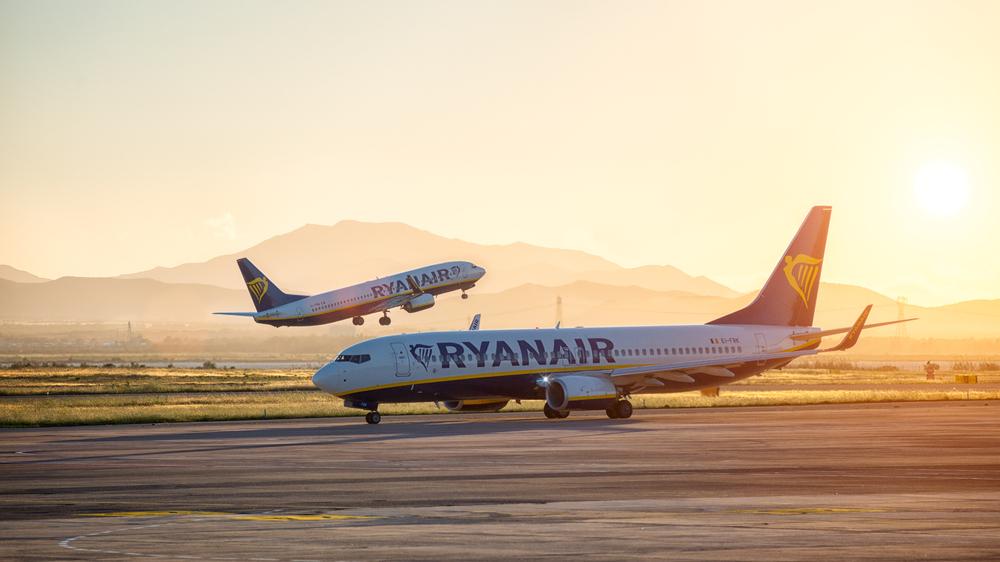Ryanair posted a 21% fall in first quarter profits on Monday, with Germany and the UK highlighted as its weakest markets – the latter as a result of Brexit concerns on consumer spending.
The Irish low-cost airline said that for its first quarter of the 2020 financial year, profits dropped 21% to €243m, driven by lower fares, higher fuel costs and higher staff costs.
Additionally, the budget airline said that average fares dropped 6% over the period.
Traffic was up 11% to 42 million guests, and 239 new routes and 4 new bases were launched.
It also added that it has become the first EU airline to publish monthly CO2 emissions.
“Our balance sheet is one of the strongest in the industry with over 60% of our fleet debt free. In May the Board approved a €700m share buyback programme and in Q1 we returned almost €100m to shareholders,” Ryanair’s Michael O’Leary said in a company statement.
“Revenues rose 11% to €2.3bn. A 6% decline in average fare to €36 stimulated 11% traffic growth to 42m guests. The two weakest markets were Germany, where Lufthansa was allowed to buy Air Berlin and is selling this excess capacity at below cost prices, and the UK where Brexit concerns weigh negatively on consumer confidence and spending,” Michael O’Leary added.
Ryanair added that in June, Malta Air became the fourth airline added to the Ryanair Group.
As for its guidance, Ryanair warned that the weak fare environment has spilled over into the second quarter, and it therefore expects its first half fares to be down by roughly 6%.
It expects traffic to grow by 7% to over 152 million, which is slightly less than the previously guided 153 million figure as a result of the Boeing MAX delivery delays.
The delivery of Ryanair’s first five Boeing 737 MAX aircrafts have been delayed from the first quarter to January at the earliest.
Shares in Ryanair Holdings plc (LON:RYA) were trading at +3.04% as of 08:50 BST Monday.

